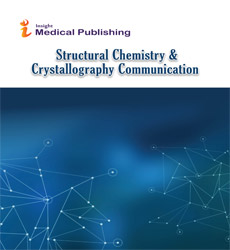Chitosan-tripolyphosphate Nanoparticles: Optimization of Formulation Parameters for Improving Process Yield at a Novel pH using Artificial Neural Networks
Rania A. Hashad
Abstract
At a novel pH value of the polymeric solution (6.2), variable Cs and TPP concentrations and mass ratios were optimized to improve the process yield without undesirable particle flocculation. Prepared formulations were characterized in terms of particle size (PS), zeta potential (ZP) and percentage yield (% yield). Artificial neural networks (ANN) were built up and used to identify the parameters that control NP size and yield, in addition to being tested for their ability to predict these two experimental outputs. Using these networks, it was found that TPP concentration has the greatest effect on PS and % yield. The most optimum formulation was characterized by a notable process yield reaching 91.5 %, a mean hydrodynamic PS 227 nm, ZP +24.13 mv and spherical compact morphology. Successful Cs-TPP interaction in NP formation was confirmed by both Fourier transforminfrared spectroscopy (FT-IR) and Differential scanning calorimetry (DSC). This study demonstrated the ability of ANN to predict not only PS of the formed particles but also NP % yield. This may have a great impact on CsTPP NPs preparation and can be used to customize the required target formulations.
Open Access Journals
- Aquaculture & Veterinary Science
- Chemistry & Chemical Sciences
- Clinical Sciences
- Engineering
- General Science
- Genetics & Molecular Biology
- Health Care & Nursing
- Immunology & Microbiology
- Materials Science
- Mathematics & Physics
- Medical Sciences
- Neurology & Psychiatry
- Oncology & Cancer Science
- Pharmaceutical Sciences
